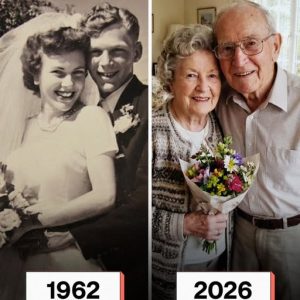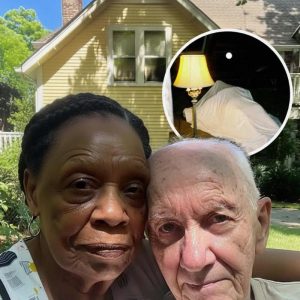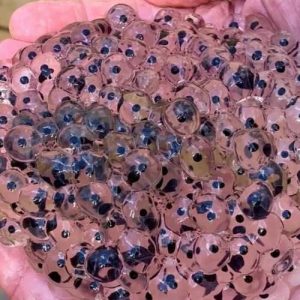I was twenty-six the night my parents told me I was the family failure. Their words landed with the precision of rehearsed judgment, reverberating across the old oak table that had witnessed countless arguments and fragile truces. The overhead light hummed quietly, and the smell of my mother’s meatloaf, once comforting, now made me queasy. On the iPad before us, my sister Veronica smiled from her San Francisco apartment, her fiancé laughing at her side. Then came the announcement: a house in Marin County, three bedrooms, garden, great schools—just a hundred thousand dollars needed for the down payment. My parents immediately agreed. When I questioned why they had never “invested” in me, their verdict was final: I had accomplished nothing, while Veronica had earned their trust. Trembling but resolute, I walked out into the cold night, severing contact for two years. That evening crystallized a painful truth: in a family defined by favoritism, I had always been the invisible one.
Growing up as the second daughter in the Martinez family meant existing in the shadow of someone else’s light. Veronica shone early and consistently; she was the golden child. Our father filmed her volleyball games as though she were destined for greatness, while my art and sketches received little attention. I learned early that triumphs were celebrated only when convenient for the family narrative. Birthdays and milestones came with minimal acknowledgment, while my sister’s achievements were amplified. College amplified the disparity: Veronica went to UCLA with full support, while I attended a state school three hours away, funding my own education through loans and two jobs. When pneumonia struck during my sophomore year, my parents offered criticism, not care. Only my art teacher, Mrs. Chin, reached out, offering support and encouragement without expectation. Through her kindness, I understood the true meaning of family: it is not blood, but care, attention, and investment in one another’s growth.
Freelancing became both a necessity and a path to resilience. Early on, work was inconsistent; clients disappeared, payments were late or never arrived, and technical failures demanded creative solutions. Every interaction with my parents reinforced my perceived inadequacy, but gradually, hardship forged confidence. I stopped apologizing for my choices, stopped minimizing my career, and found pride in persistence. That pivotal $100,000 dinner—Veronica’s opportunity funded while I was ignored—became the catalyst for my self-reliance. I withdrew from family contact, embraced silence as a shield, and found alternative networks of support in mentors like Mrs. Chin. Her guidance helped me invest, strategize, and dream. Slowly, my apartment became a sanctuary: modest, yet mine, filled with my art and choices, whispering the word “home” in a language my parents had never spoken to me.
Over time, the fruits of independence bore unexpected abundance. I purchased forty acres in Sonoma County, rolling hills crowned with oaks and bisected by a gentle creek. The farmhouse was dilapidated, yet I envisioned its potential. Weekends became laborious rituals of sandpaper, paint, and sweat. Lavender, bees, goats, and small-scale agriculture filled the space with life and purpose. I named the property Solace Ridge. The farm was more than work; it was a statement of autonomy, a testament to the strength cultivated in absence. When my father finally called years later, surprised at the life I had built, I answered without hesitation or need for reconciliation. His words of awe and my mother’s timid requests for a visit fell on ears that had learned to trust only my own judgment. I had transformed neglect into growth, silence into sanctuary, and absence into resilience.
Ultimately, the culmination of effort, independence, and self-trust created a life that surpassed approval or recognition. The farm thrived, revenue doubled, and the lavender fields became a place of community, reflection, and celebration. My parents and sister eventually visited, offering admiration tinged with guilt, but the gate to Solace Ridge remained closed to them. Forgiveness was offered—not as reunion, but as release. I had built a life rooted in dignity, not approval, proving not my parents wrong, but myself right. The sanctuary I created—Solace Ridge—became my inheritance, a tangible embodiment of perseverance, autonomy, and self-respect. Walking through the lavender at dusk, golden light falling across the hills, I understood that success is sweetest when born from challenge, and peace is earned through self-determination, not entitlement. My life, once dismissed, had become the life I had always deserved.




